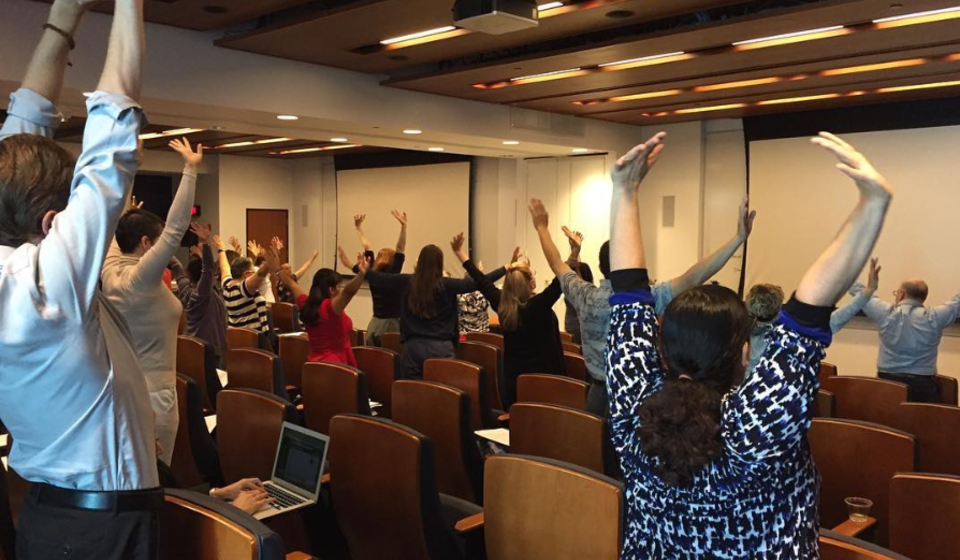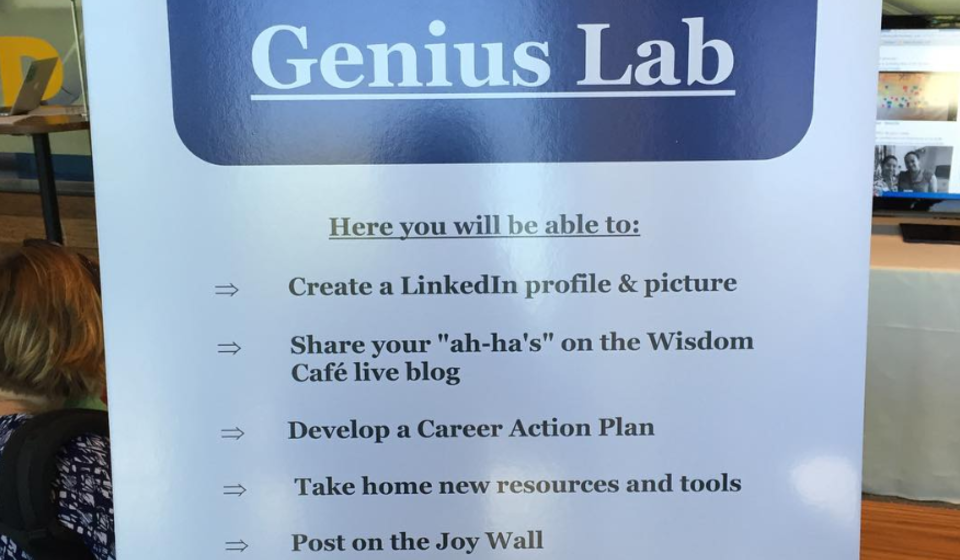In today’s workplace, informal learning is becoming more and more important for professional development and success on the job. Informal learning encompasses learning that occurs outside of the classroom environment and is driven by YOU, the learner. You set your own goals and objectives. You seek out answers to your questions through research, observation, and taking on new responsibilities. Through this you eventually master the skills you need to be even more effective in your job.
Informal learning allows you to take control of your own professional growth day-to-day. You might be wondering, what are some examples of informal learning at UC Berkeley? Great question! There are many informal learning opportunities at your disposal, and here are a few examples:
- Watch FREE online videos through LinkedIn Learning to further enhance your interpersonal, technology, and creative skills through LinkedIn Learning. Whether you want to brush up on your influencing skills or gain some time management tips, LinkedIn Learning is a great “just in time” learning resource.
- Gain experience through a stretch assignment. Want to grow your leadership skills? Become a staff organization leader!
- Read articles, blogs, infographics, and job aids affiliated with UC Berkeley. Some examples of these can be found on Wisdom Cafe.
Now that you have an idea of what informal learning is, let’s dig a bit deeper and compare some benefits of everyday informal learning with attending a conference.
| Informal Learning | Conference Attendance | ||
| Pros | Cons | Pros | Cons |
| Can take place anytime, anywhere, in-person or online when a person needs it | Takes effort and motivation to seek information | Chance to put day-to-day work aside and focus on learning | Bound to a specific time, and location that might be: cost, time, or location prohibitive |
| Typically low cost and highly personalized to what the individual needs | Searching through content can be time consuming and overwhelming | Ability to meet, and ask colleagues in other organizations about their approach in-person | Typically hundreds of dollars and may not always be highly relevant to the individual |
| Can be a source of valuable experience through new assignments | No one to guide you through the process unless you initiate contact with others | Listen to thought leaders in-person, and potentially ask questions | Longer time in between meeting needs with necessary information |
As you can see, there are pros and cons to both types of learning. It is great for you to attend professional conferences when you can, while also utilizing all of the informal learning resources around you everyday. So what do you think- what type of learning works best for you?
Written by Maddy Irwin, the Learning & Development Coordinator within Central Human Resources. She’s been part of the UC Berkeley community since October 2017.









